Most Common Problems With Landlords
Most Common Problems With Landlords
- 💰 Disputes Over Deposits
Many tenants face challenges reclaiming their full security deposit due to disagreements over cleaning, damages, or unclear terms. - 🛠️ Delayed Repairs
Landlords often postpone addressing essential maintenance issues, leaving tenants to deal with leaky pipes, broken appliances, or heating problems. - 📜 Lack of Clear Communication
Misunderstandings arise when landlords fail to provide timely updates or clarify lease agreements, leading to frustration and conflict.
Renting a place comes with a lot of issues, and the first thing you need to lead a happy life in the rented property is to have a good relationship with your landlord. However, this is a lot easier said than done. Here are the most common problems with landlords tenants encounter.
Problems With Landlords: Money
#1. Problems with the security deposit
At Move Out Mates we know that usually, landlords decide tenants haven’t been responsible enough and don’t deserve their deposit back. That’s why a lot of tenants turn to an end of tenancy cleaning company to guarantee the cleanliness of the property. But even then landlords still find problems.
There are approved tenancy deposit protection schemes where every landlord has to put the deposit within 30 days after receiving it.
So, when the landlord has a problem, the agency can assess it and decide whether they have a point or not. If the landlord’s claim is dismissed and said deposit is not paid back, the tenant can take the landlord to court for compensation.
Other instances of landlord wrongdoing may include significant deductions when the deposit is paid back, which might seem unfair. In this case, the tenant has to check whether the tenancy agreement contains any clause about it and if the deductions are too much. If the landlord still does not see their mistake, the tenant can take them to court.
#2. Problems with housing benefit
People with low income can claim housing benefit – an amount of money that can cover the person’s rent. Very often, there are delays but it is really the landlord’s last concern how you find the rent money, as long as you pay it on time. In the event of a housing benefit delay, the tenant should negotiate with the landlord. After all, delaying rent payment is breaking the tenancy agreement, which is a reason for the landlord to take the tenant to court.
#3. You can’t afford rent
This is a problem because no matter what your reason is, your most important duty is to pay the rent on time. You can always negotiate with the landlord to postpone your next payment for a later date, or maybe break the amount due in two payments. If you reach an agreement, make sure to get it in writing and keep a copy. Also, keep the receipts of each instalment. If your landlord tries to evict you for insufficient payment of rent, these can be your evidence that you kept your part of the contract.
Problems With Landlords: Repair
There are certain repair responsibilities that fall directly on the landlord, even if they’re not mentioned in the tenancy agreement. Those are: problems with the structure of the building (walls, roofs, doors, windows), sanitary fittings, chimneys and ventilation, electrical wiring, gas and fire safety.
It is a tenant’s responsibility to ensure there is no breakage of any kind, maintain the cleanliness of the property and maybe do minor repairs, like changing a light bulb, but those have to be described in the tenancy agreement. Additionally, larger cleaning and maintenance projects such as after builders cleaning can also become a ground for disputes between the sides, so they should be described in the tenancy agreement as well.
There is also the wear and tear clause, which includes the fixtures that are normal to wear off or get broken after being used for a long time. Those have to be assessed by a specialist, who will give each fixture an expiration date, so at the end of the tenancy, if said fixture is damaged, it is not deducted from the deposit. It has run its normal course.
Repair problems for tenants are very common and often the cause of disagreements between tenant and landlord. That’s why it’s most advisable that you have the most detailed tenancy agreement you can make. This way you can always refer to the clauses, and if the landlord still doesn’t want to do what’s asked of him, they can be taken to court.
The best thing you can do for any repair case is, first – notify the landlord of any breakage, even a minor one. And always keep the notifications, even if they’re just a text message. You can use them as evidence if it goes that far and they can serve in court, making the landlord fix the breakage asap or exempt part of the rent.
Problems with Roommates
#1. Conflicts with tenants
Problems with tenants arise very often, unfortunately. Landlords usually try to put people of the same background together. If they have a property with college students as tenants, they offer the free room to another student. They make sure people of the same gender occupy the property, and very often people of the same race, ethnicity, or religion.
But, even then tenants disputes occur and often two or more people aren’t able to live with each other. In this case, they take everything to the landlord. The landlord does not have the right to evict people unless there is a valid reason. And if there isn’t, it’s up to the tenants to decide whether they would prefer to end their tenancy early and find a new place, or just ignore each other until the end of the tenancy.
#2. Roommate moves out
Another problem occurs when one or more tenants cut their tenancy short and move out. Then the remaining tenant is required to pay the whole rent. In this case, the tenant should negotiate with the landlord, and if they don’t reach an agreement, the tenant might have to be evicted.
Learn How to Quickly Move Out of The House.
#3. Noisy neighbours
You can negotiate just about anything with the landlord, including cutting your tenancy short for the reason of noisy neighbours. However, bear in mind that this is not a reason valid enough to break a contract and you cannot use it in court if it goes so far. Talk to your landlord and find a solution.
Other Broken Clauses of the Tenancy Agreement
The other most often broken rule is that a landlord must give a 24-hour notice before visiting the property. This is the law, even if it’s not stated in the tenancy agreement. It seems landlords like to do surprise inspections. Sometimes the tenants are inside, sometimes they aren’t. But in both cases, it leaves a black dot on the landlord’s reputation and is a good reason to have them sued.
However, the bad news is, this only applies to tenants with a long-term lease. For those who don’t have that, all they can do is have a talk with the landlord and try to work it out with peaceful negotiations.
The landlord does have a legal reason to enter the property without giving notice in cases of emergency, like a gas leak, flooding, medical emergencies. They also have the right to enter, when in suspicion that the tenant has moved out of the property without announcing or returning the key.
Move Out Mates Services in London
Check out our top-rated cleaning services across London, always just a call away! With Move Out Mates, expert cleaning is always near you, ready to make your move easier.
Move out Mates Customer Say`s:
Here’s a selection of feedback from our customers who are thrilled with the exceptional service they received and couldn’t be more satisfied!
Get Your Free Quote Today!
Contact Move Out Mates now to request your free, no-obligation quote and take the first step towards stress-free cleaning services.

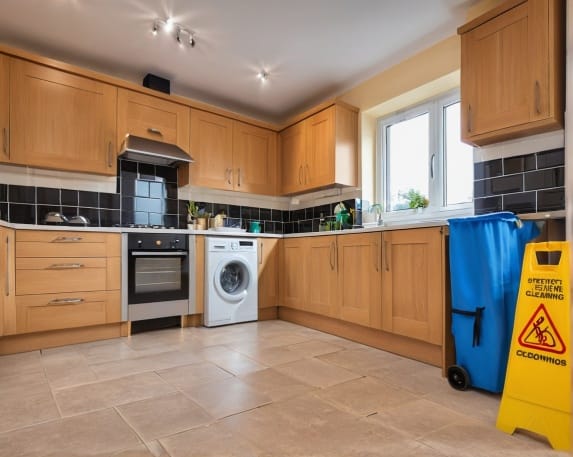
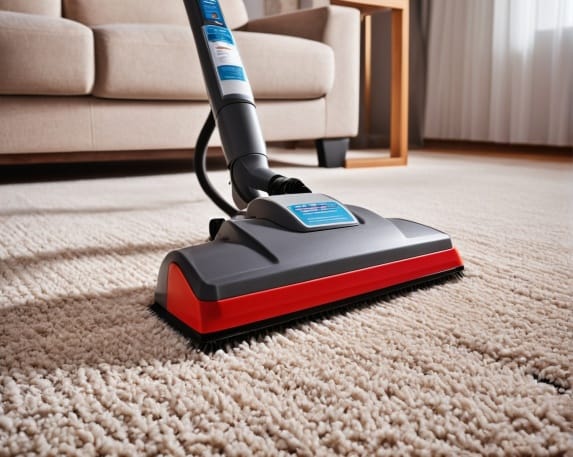

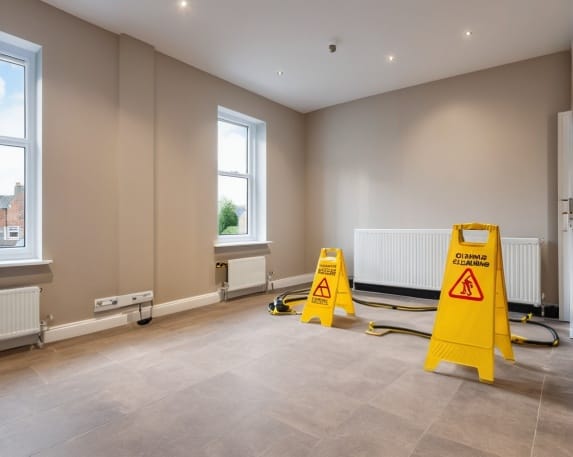


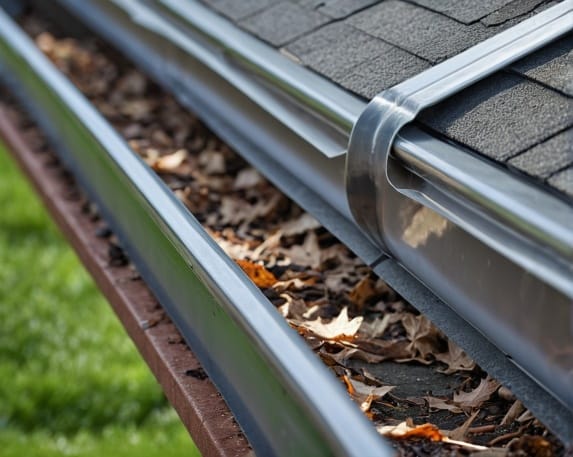



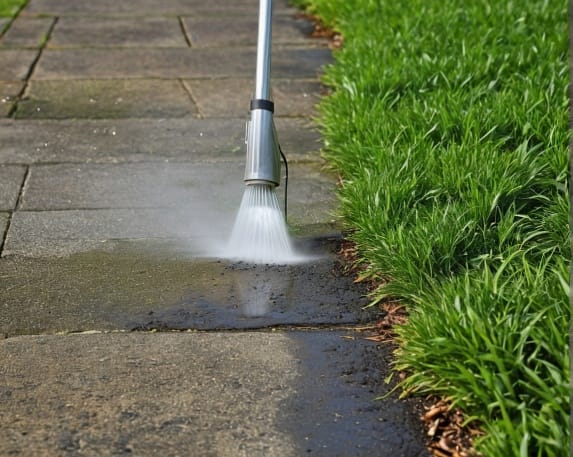

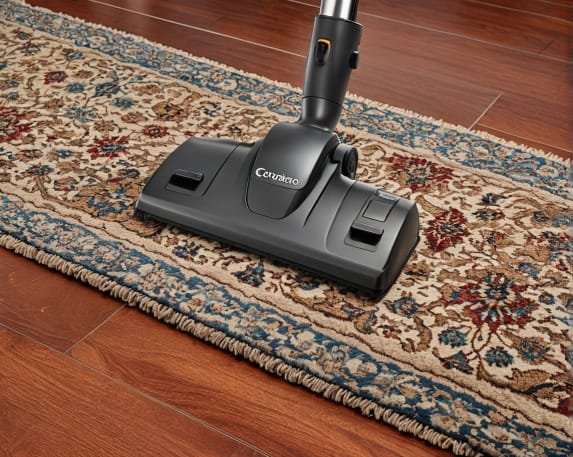
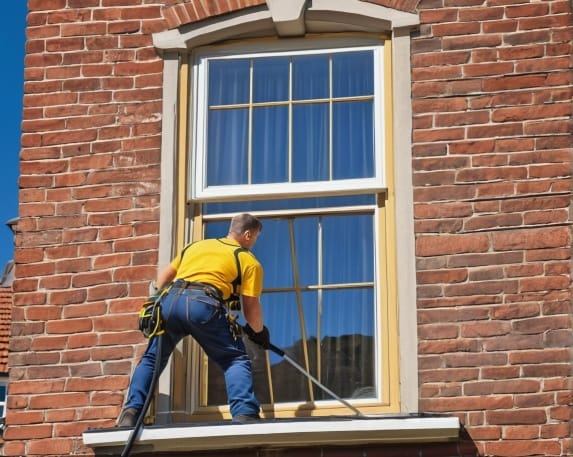

Leave a Reply